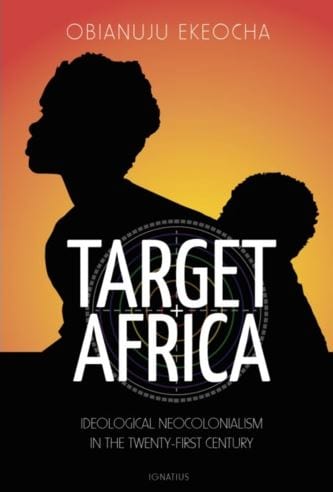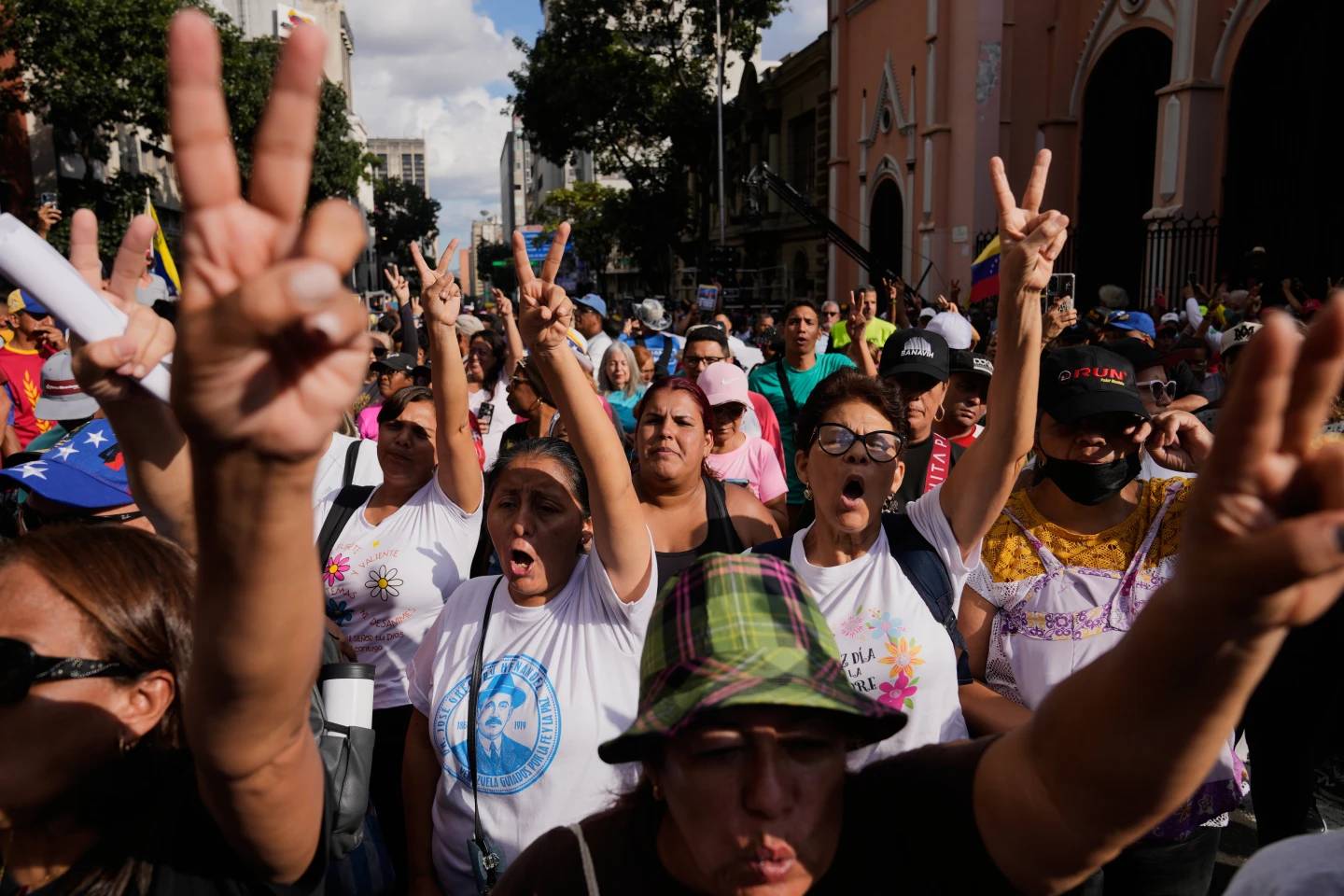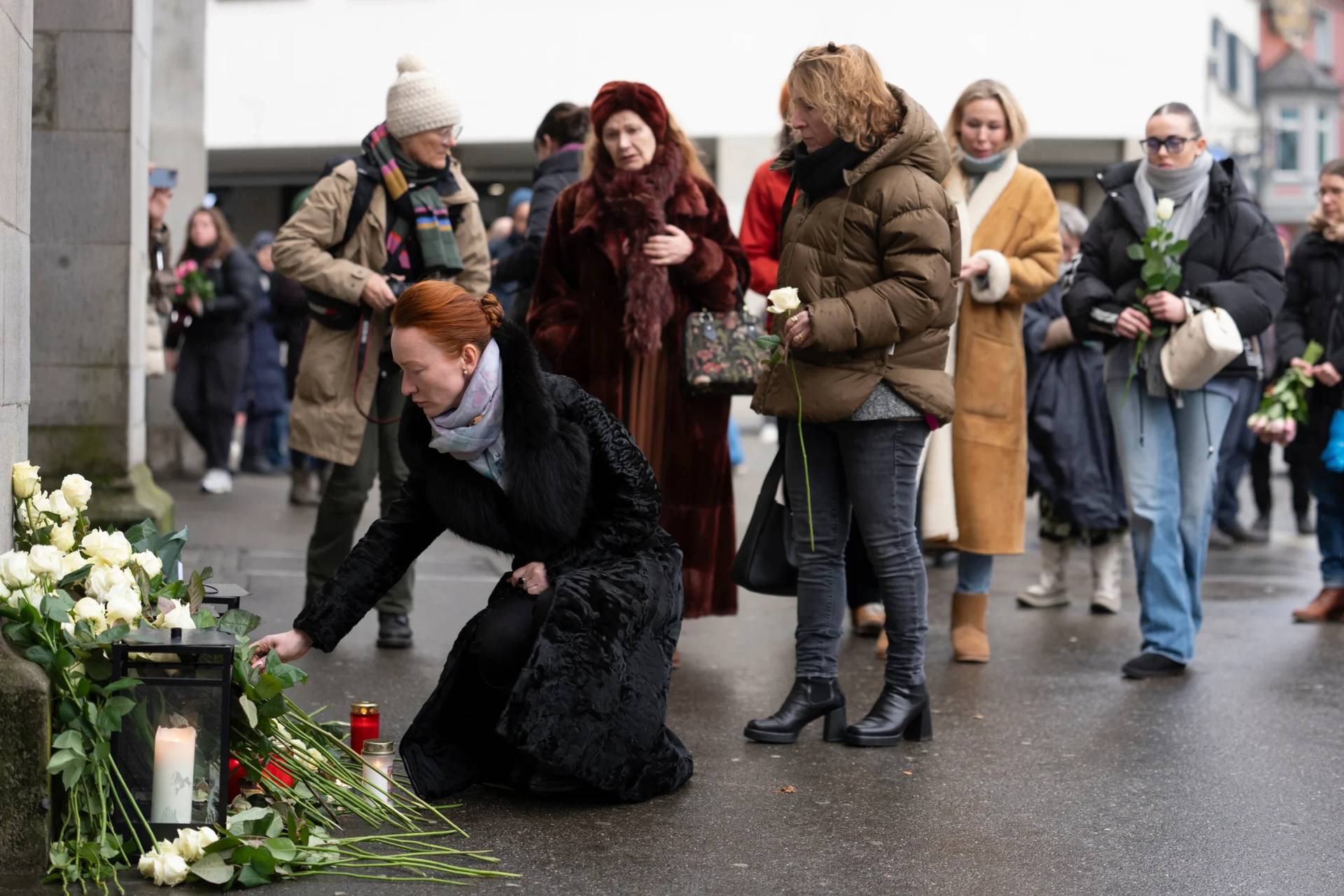Over the past several weeks, North America has been graced by the unrelenting book tour of Obianuju “Uju” Ekeocha. The Nigerian-native, London-based scientist and filmmaker recently saw her book, Target Africa: Ideological Neocolonialism in the Twenty-First Century, published by Ignatius Press. The book raises some pressing questions about enculturation, national autonomy, and the moral identity of a people.
In order for the book’s argument to be appreciated, the context of the historical colonization of Africa has to be understood. Many Westerners may not be aware of the imposed colonization of the nineteenth and twentieth centuries. The colonization was formalized at the Berlin Conference of 1884. At the meeting, the European powers literally cut up Africa with generic borders. Rather than an exploration into the boundaries of existing tribes and language groups, the borders were externally imposed and the tribal, self-determination of the African peoples was subjugated to them.
This imposition of resource-based borders introduced a completely foreign concept to the local peoples of Africa. It was a concept that was totally at odds with their understanding of themselves, their tribal identity, their care for the earth, and their commitment to one another.

Ekeocha is using this historical colonization to argue her point, namely, there is a new colonization in Africa. This colonization is one of ideology and it has new masters, who call themselves “donors.” The donors are once again foreign countries, but also international organizations and private foundations.
Rather than military occupation, this colonization is an invasion of culture and the moral worldview of local peoples. It seeks to force Western liberal values and their consequences, such as contraception and abortion, upon different peoples whose entire lives are defined by different and time-honored values.
Some might argue: Aren’t these resources needed in Africa? Look at the overpopulation and starvation of the continent. Doesn’t something have to be done?
These questions point us to the heart of Ekeocha’s book. No one wants a person to starve and no one wants a family to be overwhelmed by children it cannot support. But in teaching family planning and in laboring to end hunger, efforts must engage, dialogue, and respect the sacred and moral principles of the people that are being helped. Otherwise, it ceases to be help and becomes “ideological colonization.”
In other words, there is a downward spiral of doing something with a people, to doing something for a people, to doing something to a people. In the end, the people are mere recipients of someone else’s worldview and moral identity. Its own richness and perspective have been stripped and laid bare.
Does this mean that no new ideas can be introduced into a culture?
Of course not. Ekeocha gives due praise to the Christian evangelization of Africa. But what’s the difference? Isn’t this a double standard?
The possibility of a double standard is always there. However, the radical difference pertains to shared moral values. For example, the difference between the historical Scottish missionaries in Nigeria and the contemporary medical specialists of the International Planned Parenthood Federation is their concept of the human person and the centrality of human dignity based on that understanding.
The peoples of Africa, however diverse they may be in their 54 countries, thousands of tribes and local languages, nevertheless, share the unifying common thread of a profound sensitivity to life and family. This is enriched by a broad concept of the fluidity of eternity, the personal contribution of each person to the human narrative, and a profound love for children and the elders of their people.
And so, if new ideas or concepts are going to be introduced, they must respect and build from within this moral worldview. Ekeocha shows how this can be done. She gives the example of polygamy. The practice was widely accepted until the Christian missionaries introduced monogamy. The presentation of marriage in such a way built upon the African love of children and tribe and showed the peoples how this expression of marriage made their values stronger.
Another positive example can be seen in the creative introduction of Natural Family Planning (based on the weather of the different seasons) and its gracious acceptance throughout the various peoples of Africa. This is the difference between enculturation and colonization.
As a comparison, Ekeocha observes: Africa speaks of security, donors talk of safe sex. Africa speaks about education and computers, donors speak of sex education and condoms. Africa speaks about family life, donors talk about family planning via contraception. Africa speaks about clean water and healthcare, donors talk about birth control and abortion.
New ideas in any culture, therefore, must be a leaven to it, and not a poison. Such ideas should not lead to confusion, self-hatred, and a manipulation of people or their principles by an imbalance of power.
Cultures reflect the hearts of their people, and the heart of any people – its conscience and lifeblood – calls for respect and deference. Africa is no different. If Western donors are to avoid becoming new colonial masters, then they must understand and abide by this principle and honor the values of the Africa of the African peoples.















